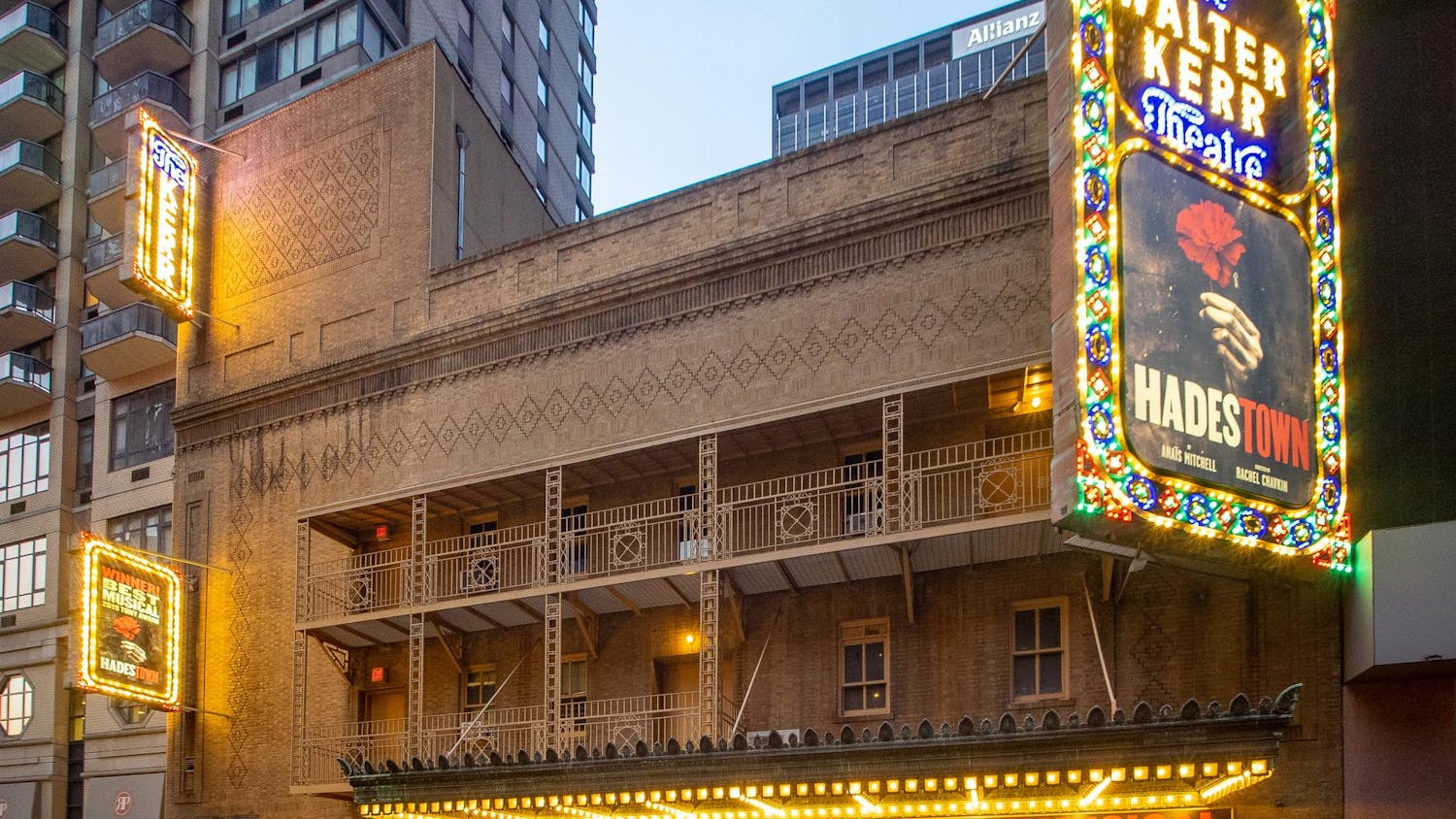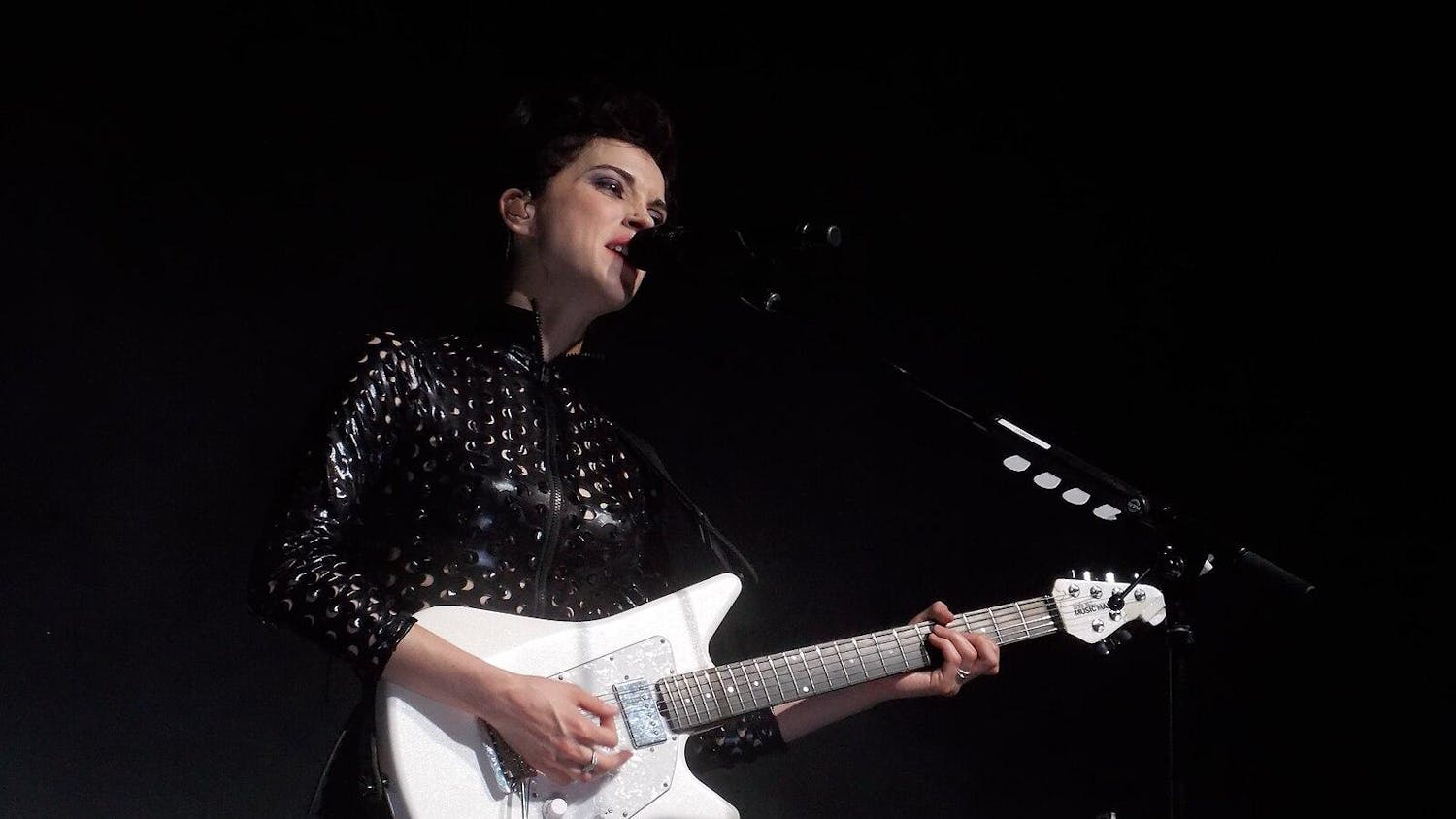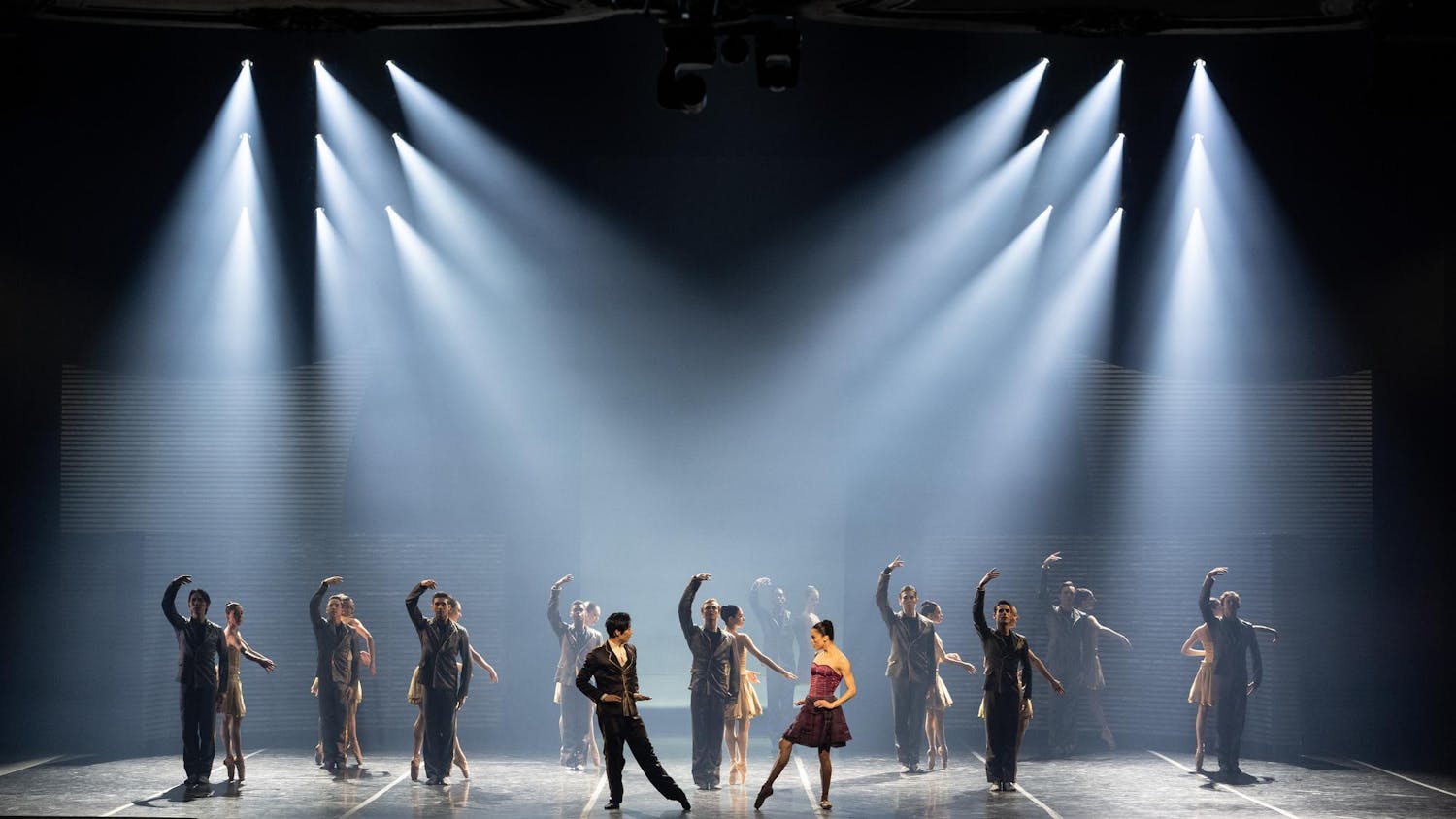Bobby Flay knows what it takes to have a successful restaurant. But what does it take to have a successful show about restaurants? Well, apparently Bobby Flay knows that, too.
NBC's newest reality series, "America's Next Great Restaurant," which premiered last Sunday, will follow 10 contestants as they compete to open their very own chain of restaurants in three different cities across the country: Los Angeles, Minneapolis and New York. However, instead of overly ambitious sous−chefs and obscure ingredients a la "Chopped" or "Top Chef," "America's Next Great Restaurant" features 21 lawyers, salesmen and amateur cooks who dream of owning the next Subway, KFC or Chipotle.
The show's premiere acts somewhat like an audition, as the contestants pitch their ideas to the four judges, or in this case, investors: chef and "Biggest Loser" regular Curtis Stone, Chipotle founder and CEO Steve Ells, restaurateur Lorena Garcia and, last but far from least, Food Network mascot Bobby Flay.
Although the premiere is really just a starting point, as the first 11 of the original 21 hopefuls make disappointing pitches and are eliminated, the audience gets a clear taste of what is to come. Each contestant must prove that his idea for a restaurant is The Next Big Thing, whether it is grown−up grilled cheese, casual Indian or chicken and waffles (or maybe that one guy was right, and America really does have a market for a cafe/gun store combo…).
As the clock starts and the competitors race to prepare their restaurant's signature dish, one can't help but feel a little deja vu. With equal parts "The Apprentice," "America's Next Top Model" and "Hell's Kitchen," with maybe a dash of "24 Hour Restaurant Battle" thrown in, everything about this reality show is familiar, and the audience clearly knows how it works. It's easy to spot the competition's nice judge, pinpoint the trouble−making, trash−talking stock characters and fill in the blanks when some contestant inevitably declares, "I want this more than anything!"
Despite its similarities to average reality fare, there are a few tweaked elements in the equation. In "America's Next Great Restaurant," the design room that you might find in "Project Runway" is replaced with a shiny industrial kitchen, insurance salesmen take the places of Tyra's models in "America's Next Top Model" and singing voices from "American Idol" are swapped for business savvy and affordable food. In a sense, Flay and his team manage to use this synthesis of reality/competition show elements to concoct a final product that is a medley of other shows' strengths. It's not that any of the individual components are especially new or creative, but that "America's Next Great Restaurant" is instead a new flavor of reality television, one that even picky eaters will like.
As Flay and his sidekicks search for a truly great idea, this sense of familiarity underlies each aspect of the show. The judges claim they are searching for something new, yet they want something "relevant" to everyday Americans, something that will appeal to the masses. What are they looking for? Good food, low prices and quality ingredients (you know, like KFC).
What is it, then, that audiences are looking for in a competition show? In fact, "America's Next Great Restaurant" has the same qualities that the judges themselves are seeking. No, not good food and low prices, but the magic combination of new and familiar that can appeal to everyone.
The next hip American food chain won't succeed based solely on its uniqueness — it will succeed because it has what America wants. It will follow the trends just enough to be recognizably cool but with a few drops of innovation to taste. "America's Next Great Restaurant" is no different. It takes the tested recipe of adrenaline and heart that viewers know and crave in any competition show but changes the measurements just enough to produce something entirely new. Bobby Flay, next course please.





